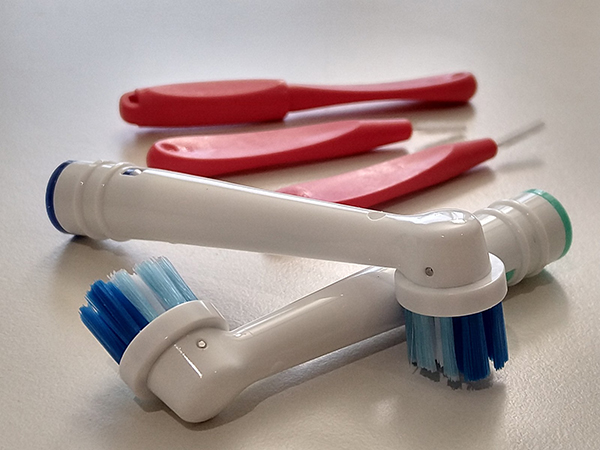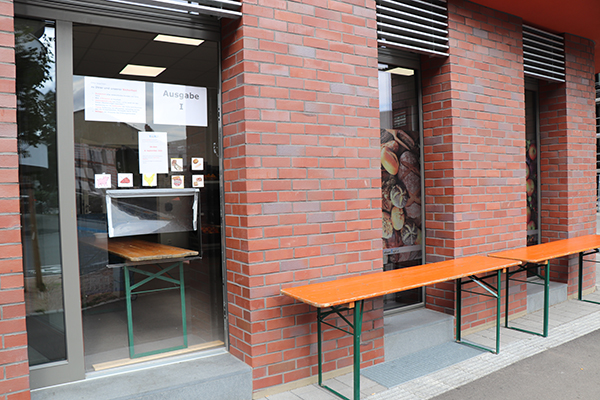When it comes to the dentist, the statutory health insurances for war refugees from Ukraine also cover a large part of the medical services. “As soon as a refugee from Ukraine is a member of a statutory health insurance fund, he or she is entitled to the same benefits as any other member of the statutory health insurance fund,” says the Baden-Württemberg Association of Statutory Health Insurance Dentists (KZVBW). The prerequisite is that the refugees have a fictitious certificate or a residence permit. Different regulations apply to asylum seekers.
The statutory health insurance thus covers all necessary treatments for the prevention, early detection and treatment of diseases of the teeth, oral cavity and jaw. This includes dental fillings, root canal treatments, the removal of tartar and orthodontic treatments as well as diseases of the oral mucosa. The only exceptions are dental protheses and expensive prophylactic treatments. Details can be found on the website of the Federal Ministry of Health, among others. The prerequisite is always that the dentist has a license to treat people with statutory health insurance. But most of them do.
Adults as well as children and adolescents between the ages of 6 and 17 are entitled to two preventive checkups per year. Children between the ages of 6 months and 5 years are entitled to a total of six checkups. Details can be found on the website of the Federal Ministry of Health: https://www.bundesgesundheitsministerium.de/zahnvorsorgeuntersuchungen.html
The preventive examinations are documented in a so-called bonus booklet. Those who go to the dentist regularly receive a higher allowance for dental prostheses, should they need them later.
In the case of dentures, patients often have to pay part of the costs themselves if they are not exempt from this due to their social situation. In the case of medically necessary dentures, the statutory health insurance pays a so-called fixed allowance. Anything that goes beyond a standard service must be paid for by the patient. Additional aesthetic or cosmetic services, however, must be paid for entirely by the insured.
The fixed allowance is between 60 and 75 percent of the fixed amount. If the insured person can prove that he or she has been to the dentist for checkups in each of the five years prior to the start of treatment, the fixed allowance increases to 70 percent, and after ten years of annual checkups to 75 percent of the cost of the standard treatment. Dentists are required to submit a treatment and cost plan to their patients before treatment begins. Patients then submit this plan to their health insurer for review and approval.
If the insured person’s income is below a certain limit, they receive medically necessary standard treatments without co-payments. In 2022, this gross monthly limit income for single persons is 1316 euros. The income limit increases by €493 for the first family member living in the same household and by €329 for each additional member. There is no means test for people who receive social assistance, ALG II or training assistance under BAföG or SGB III.
Those with statutory health insurance also have to pay for everything that goes beyond the scope of contractual dental care. For example, if you would like to have a special dental filling that is not fully paid for by the health insurance fund, you must conclude a contract with the dentist for what is known as an additional cost arrangement. Professional teeth cleaning, a so-called individual health service (IGEL), which, unlike the simple removal of tartar, is not covered by the health insurance funds, must also be paid out of pocket.
Further information: https://www.bundesgesundheitsministerium.de/zahnaerztliche-behandlung.html
tun22111001
Utensilien zum Zähneputzen. Foto: tünews INTERNATIONAL / Martin Klaus.
001810




